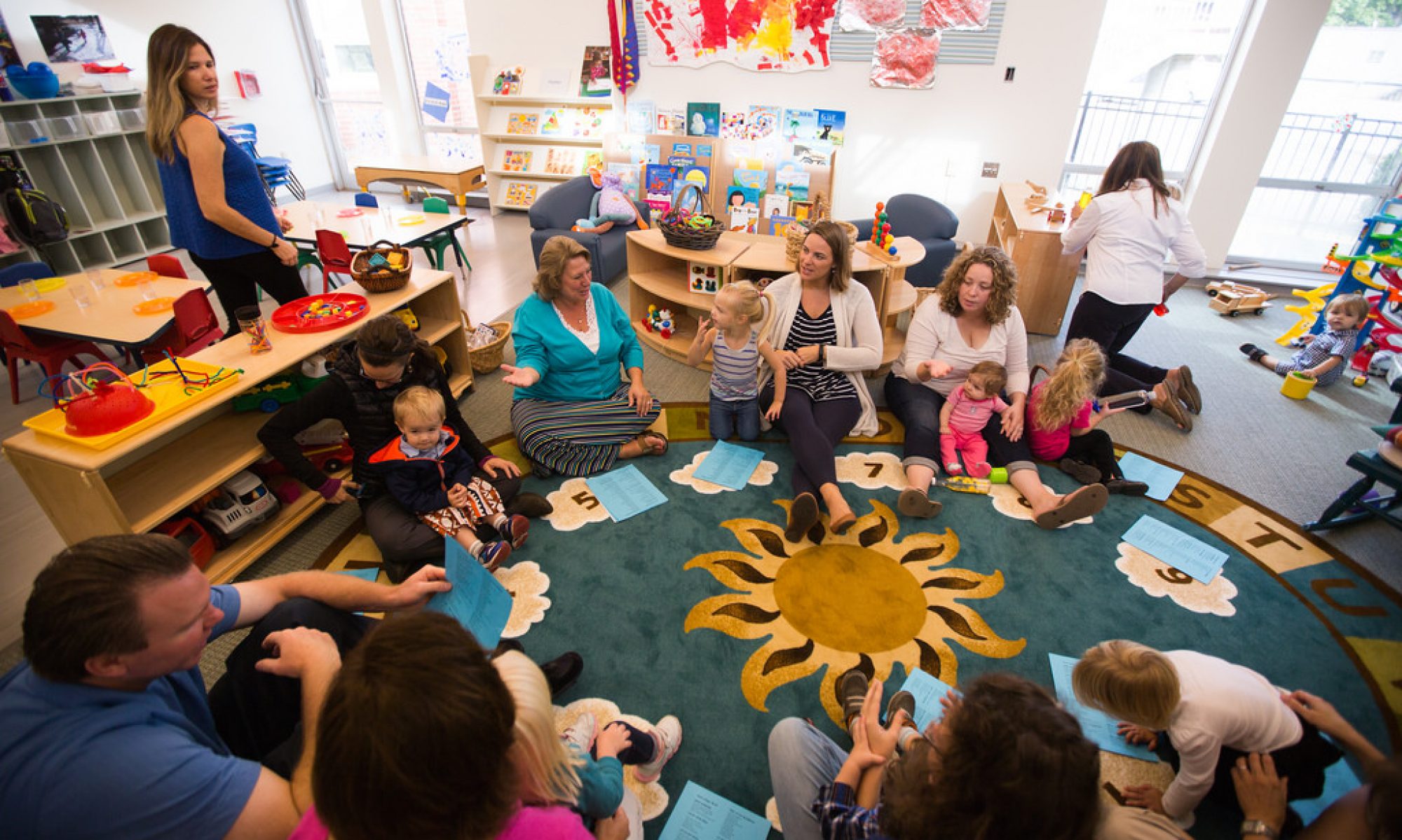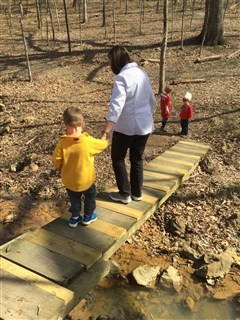Safety regulations seem to be constantly changing and being revised to ensure that our children grow up in a protected and safe environment. But as parents, we know that safety begins with trusting in God’s protecting power. It is helpful to know that God is the universal and divine Parent of all. Science and Health with Key to the Scriptures by Mary Baker Eddy states, “Love, the divine Principle, is the Father and Mother of the universe, including man” (p. 256). True safety and security for our children rest on the practical understanding that God is the loving and eternal Parent of man.
Safety always starts in thought and begins with faith in knowing the ever-present protecting influence of God. The Bible is full of demonstrations which bear witness to the fact that safety is spiritual. To mention but a few: Noah was safe from the peril of the flood; the children of Israel were safe both in captivity in Egypt and as they traveled through the wilderness; Daniel was safe in the lions’ den; the three young Hebrew captives came forth from the blazing furnace unharmed. If, therefore, an active consciousness of God’s presence has protected us in one instance, it will protect us in all. Many today through their understanding of God are experiencing similar proofs of deliverance and safety. The promises set forth in the song of safety, the ninety-first Psalm, are fulfilled now and always: “He that dwelleth in the secret place of the most High shall abide under the shadow of the Almighty.”
It is important to be conscious of and take part in each child’s spiritual development. However, understanding that God is the true Parent of our children does not lessen an individual parent’s responsibility to provide a safe and secure environment. Parents need to take practical steps, as well, to keep their children safe, and appropriate laws should be enforced to ensure the highest degree of protection for our children.
As infants begin to move around and start crawling, their curiosity increases as does their interest in exploring. Allowing your baby to explore the home environment provides new learning opportunities. However, it is important to take a look around your home with safety in mind. Look at each room from your child’s eye level and safety proof any areas where your baby can go. We need to look thoughtfully at the physical environment in terms of our children’s current skills and interests, and work to eliminate any possible hazards. Young children need constant supervision, and the more children in a group, the more supervision is needed.
Rules that ensure safety can be provided as children grow and the need becomes apparent. For example, parents can limit the number of children on a climber and how high to climb. Children can be taught the boundaries of their yard and to play within those boundaries. They can learn to ride tricycles in the driveway and when to turn around and come back. The rule can be stated as simply as, “Cars go in the street; we ride our trikes in our driveway.”
Holding a parent’s hand in a parking lot and when crossing the street is an important rule to establish as soon as your child is walking. Practice looking both ways with your child before crossing the street so that it becomes automatic. When your child is older and is able to cross the street independently, he will remember to look both ways before entering the street. Other rules that need to be carefully thought through and taught as your child grows include:
- how to answer the telephone—not giving too much information to the caller
- how to use technology
- when and how to be guarded with strangers—not getting into a stranger’s car without permission from parents.
As safety rules are taught and put into place, the rules need to be consistently followed and enforced. If your child later tests a rule, he made need an appropriate consequence as a reminder about the importance of following the safety rule. You can use your prayerful intuition to find words to let your children know why they should follow rules of safety. As we are watchful, keeping an eye on safety and gaining control of our thoughts and actions through love and not through fear, helps our children form habits that lead to safety in their lives.

